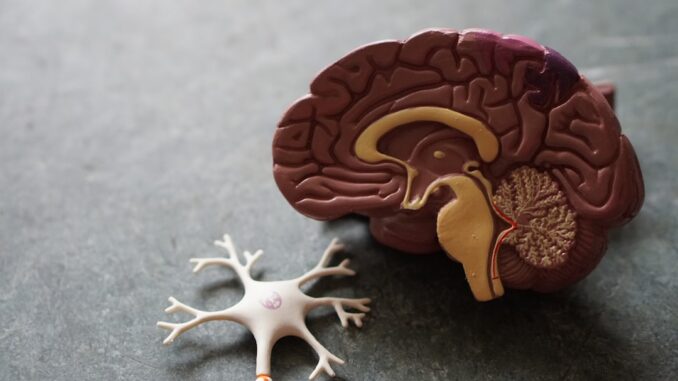
Dementia care has witnessed remarkable technological strides, introducing tools that not only assist patients but also ease the burden on caregivers. Virtual reality (VR), artificial intelligence (AI), and wearable devices are leading this transformation, offering personalized and effective solutions.
Virtual Reality: Immersing Minds in Familiar Worlds
Imagine a patient with dementia revisiting their childhood home through a VR headset. Such immersive experiences can trigger memories and foster emotional connections. VR therapy has been shown to stimulate cognitive functions and reduce anxiety among patients. For instance, VR-based reminiscence therapy allows individuals to relive past experiences, enhancing their emotional well-being. (arxiv.org)
Artificial Intelligence: Personalized Care at Its Best
AI is revolutionizing dementia care by analyzing health data to predict potential risks and create tailored care plans. AI-powered applications monitor vital signs and activity levels, enabling proactive interventions. Additionally, AI-driven chatbots and virtual assistants provide companionship and cognitive stimulation, reducing feelings of loneliness and isolation. (themckendree.com)
Wearable Devices: Monitoring Health in Real-Time
Wearable technologies, such as smartwatches and fitness trackers, offer continuous health monitoring for individuals with dementia. These devices track vital signs, sleep patterns, and movement, alerting caregivers to any anomalies. They also assist patients in maintaining routines by providing medication reminders and daily activity prompts. (themckendree.com)
Integrating Technologies for a Holistic Approach
Combining VR, AI, and wearable devices creates a comprehensive care environment. For example, integrating assistive robotics with wearable sensors and spatial technology can enhance daily living activities and cognitive stimulation. Such integration fosters independence and improves the quality of life for individuals with dementia. (arxiv.org)
Challenges and Considerations
While these technologies offer promising benefits, challenges remain. Ensuring user-friendliness is crucial, as complex interfaces can lead to frustration among patients. Moreover, ethical considerations regarding privacy and data security must be addressed to protect sensitive health information. (link.springer.com)
In conclusion, technological innovations are reshaping dementia care, providing tools that enhance patient engagement and support caregivers. As these technologies evolve, they hold the potential to significantly improve the lives of individuals with dementia and their families.


VR childhood home visits sound amazing, but does that mean my childhood mess will be virtually recreated too? Asking for a friend… who may or may not have hoarded Beanie Babies.
That’s a hilarious and valid point! The level of detail is a consideration. Perhaps there could be a ‘declutter’ option before the VR experience begins. Though, who knows, maybe seeing those Beanie Babies again would bring back some positive memories!
Editor: MedTechNews.Uk
Thank you to our Sponsor Esdebe
The integration of VR, AI, and wearables offers a holistic approach to dementia care, especially regarding personalized interventions. It would be interesting to explore the long-term effects of these integrated technologies on cognitive function and patient well-being, alongside the ethical considerations of data privacy.